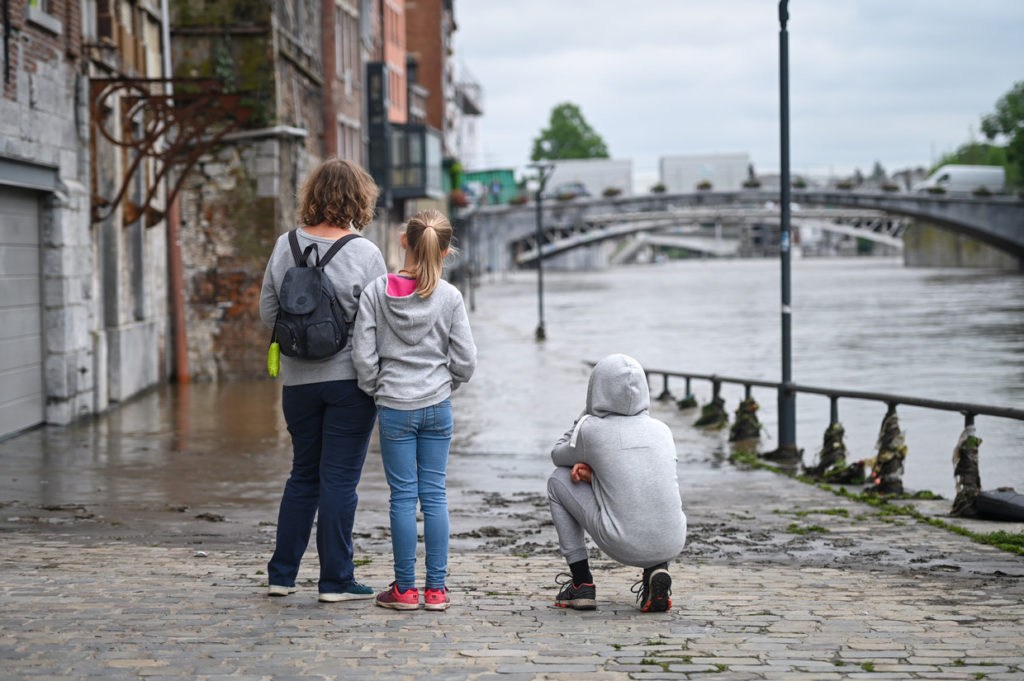Researchers from Wageningen University in the Netherlands are working to create a tool for measuring the impact of climate change in terms of extreme weather events, such as flooding, droughts and wildfires.
The goal is to gather data regarding such events into a single digital environment, according to a press release from the university.
“Extreme weather events can have a major social and economic impact,” the press release reads.
“The storm damage in The Netherlands in mid-June, for example, amounted to around €37 million, while the damage caused by the recent floods is also expected to be considerable.”
The flooding in Belgium last month had a similarly devastating effect, and caused the deaths of at least 37 people.
Researchers say there’s enough meteorological data on these weather extremes (for example, how much rain has fallen at a given location), but that data on the climate change impact is not yet being systematically collected.
That’s what their tool, the Climate Impact Monitor, aims to change.
“We are often asked if we are already experiencing the consequences of climate change, but at the moment we cannot say for sure,” said Rutger Dankers of Wageningen Environmental Research.
“It inspired us to develop the Climate Impact Monitor. By systematically collecting data on extreme weather events and its consequences, we will gain more insight into the impact of climate change. This can lead to issuing early warnings, but also contribute to plans for climate adaptation.”
Belgium did receive warnings about the recent floods - 25 of them, in fact - but an investigation from HLN revealed that authorities didn’t seem to take adequate action until the last minute, and the Public Prosecutor’s Office in Liège has opened a criminal investigation into the response there.
One potential function of the Climate Impact Monitor from Wageningen University could help cities see what the effects of certain measures are, while giving insurers a better idea of the expected costs.
It would link up data in order to provide insights into the relationship between extreme weather and the economic and social costs, the university says, taking into account factors like damage to buildings and cars, reduced crop yields, disease reports and mortality.
But bringing all that data together remains a challenge.
“Unlike measurements of temperature or precipitation, data on the impact of these events must come from different sources,” said Dankers.
“That is why we are working together with governments and insurance companies, among others. They are offering their knowledge so that we can gain more insight into the relationship between extreme weather and the economic and social costs.”
The Climate Impact Monitor will be developed over the next few years and eventually grow into a web portal in which the data will be accessible to everyone, the university reports.
There will also be an overview presented with the latest data each year, including an overview of the damage data from the Dutch Association of Insurers.

